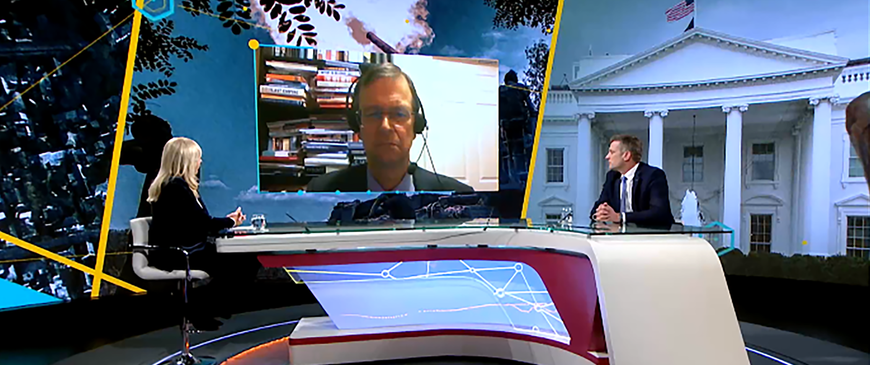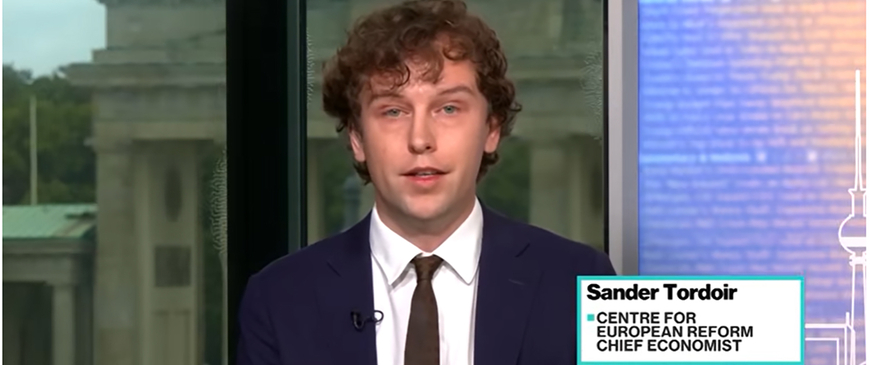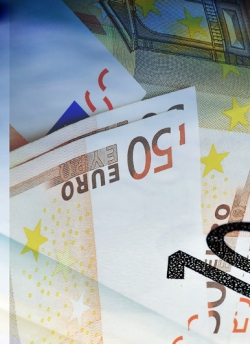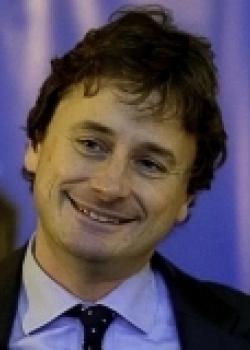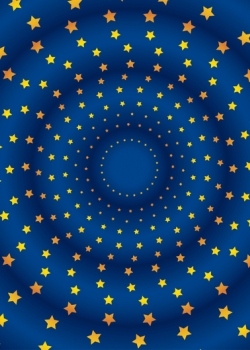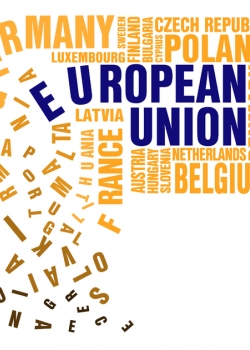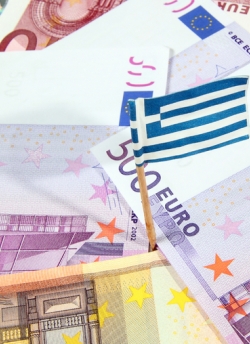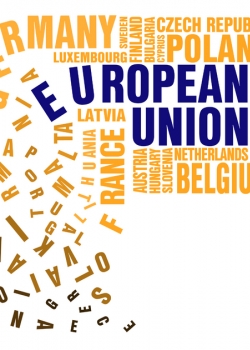Press
Tymoshenko prison sentence strengthens Russia's hand in Ukraine gas talks
13 October 2011
Bloomberg
"Ukraine's already stuttering movement towards" the EU "has come to a grinding halt," said Tomas Valasek of the CER. "What they've done is sacrifice the European option for the sake of domestic political gains".
Eurozone 'outs' must stick up for the single market
12 October 2011
Financial Times
One of the European Union’s greatest achievements has been to scrap non-tariff barriers to trade in goods and services. But the “single market” remains incomplete and faces new threats. The European commissioner responsible for it is blocking further liberalisation of services – even though the Commission as a whole is...
Slovakian politicians work toward OK of bailout
11 October 2011
CNBC
The euro cannot flourish in a system where 17 largely sovereign countries need to agree unanimously and very small countries can hold great sway, said Simon Tilford of the CER. "Either they integrate much more fully or the whole thing comes apart," Tilford said.
Berlusconi seeks comfort at Putin's party
10 October 2011
Financial Times
"Italy has always punched below its weight in the European Union," says Charles Grant, director of the CER. "What is clear is that this long-term trend has been exacerbated over the last couple of years. Italy has become a small country of EU diplomacy."
Special Report: In France, far right capitalises on euro crisis
07 October 2011
Reuters
The single currency may be a hot topic now, but Charles Grant, director of the CER, believes trade is the area where the Front would have most resonance: "This is where her arguments stand a significant chance of shifting the intellectual climate in France."
Resuscitating the euro
07 October 2011
The National Interest
For almost two years, the eurozone has been stricken with a potentially fatal malaise. Three crises have intermingled and reinforced each other: Greece, Ireland, Italy, Portugal and Spain face crises of excessive debt (public and private); those same countries suffer from anemic economic growth; and much of the European Union is afflicted with a banking crisis.
Europe returns to stalk Tories
05 October 2011
Agence France Presse
Philip Whyte of the CER blamed Europe for the rise in Tory euroscepticism. "If the EU continues to stir the increasingly eurosceptic backbench on the Tory party, Europe could become a very divisive point for the coalition itself and it could also become a very awkward subject for Cameron," he said.
NATO's Libyan triumphs conceal deeper malaise
03 October 2011
Financial Times
As Tomas Valasek of the CER puts it: "Many governments would rather have autonomous and useless militaries than integrated and capable ones. They want their own armed forces and their own defence industrial base."
The EU is doing far too much but doing nothing properly
03 October 2011
Conservative Home
A decade ago in a pamphlet for the Centre for European Reform, Nick Clegg argued that the EU had too many powers, that the case for slashing the EU budget was overwhelming and taking powers away from the EU should not be seen as a destructive act. He was right about that, so let's see him work with us to deliver change.
Quick fix? Probably not in case of debt crisis
30 September 2011
International Herald Tribune
"We're not seeing any real acknowledgement of the scale of the banking sector problem," said Simon Tilford, the chief economist at the CER.
Video debate: Euro finance crisis
30 September 2011
BBC Daily politics
Daniel Hannan MEP said the euro crisis was degrading the finances of "perfectly healthy countries" leaving them liable for other people's loans.
Greek bailout seen as possible
28 September 2011
Voice of America
Simon Tilford of the CER said the expanded fund will not be enough to deal with debt problems in bigger economies, like Italy. "I think that, at this juncture, they're certainly far behind the curve . They obviously need to agree to what they signed up to in July."
Europe nears agreement on bailout fund that may be inadequate
27 September 2011
The New York Times
The problem with the German analysis, notes Simon Tilford, chief economist at the CER, is that it is not simply self-righteous, ignoring the bad loans German banks made to the troubled nations, but arguably wrong.
Immigration, financial crisis cast doubt on border free Europe
27 September 2011
Voice of America
The bottom line, says Brussels based immigration expert Hugo Brady of the Centre for European Reform, is a lack of trust. "The politics of the Schengen area is that everyone wants more control over other people's borders while maintaining the same amount
Europe doesn’t lack funds, just political will
26 September 2011
Financial Times
The following article was written in response to 'Only the IMF can solve eurozone crisis' by Ragharam Rajan, published in the Financial Times, 26 September 2011.
Het einde van de euro
25 September 2011
NRC Weekend
De beleidsmakers van de eurozone, en vooral de Duitsers en de Nederlanders, zijn niet in staat gebleken uit te stijgen boven hun overmoed en morele betweterij, zodat de eurozone maar heel weinig munitie heeft om de komende financiële storm te trotseren.
Analysis: Time running out on Athens' troika two-step
23 September 2011
CNBC
"They have to put the best possible gloss on the situation because things are not looking good," Hugo Brady of the Centre for European Reform said of the troika's dilemma.
Debate: A new global recession?
22 September 2011
Financial Times
Is the world heading back into recession? The world's top policymakers will talk of little else when they gather in Washington for the annual IMF meetings.
Video debate: A new global recession?
22 September 2011
Financial Times
Is the world heading back into recession? The world's top policymakers will talk of little else when they gather in Washington for the annual IMF meetings. Analysis editor Frederick Studemann debates these issues with Simon Tilford, chief economist at the CER, John Authers and Ralph Atkins.


